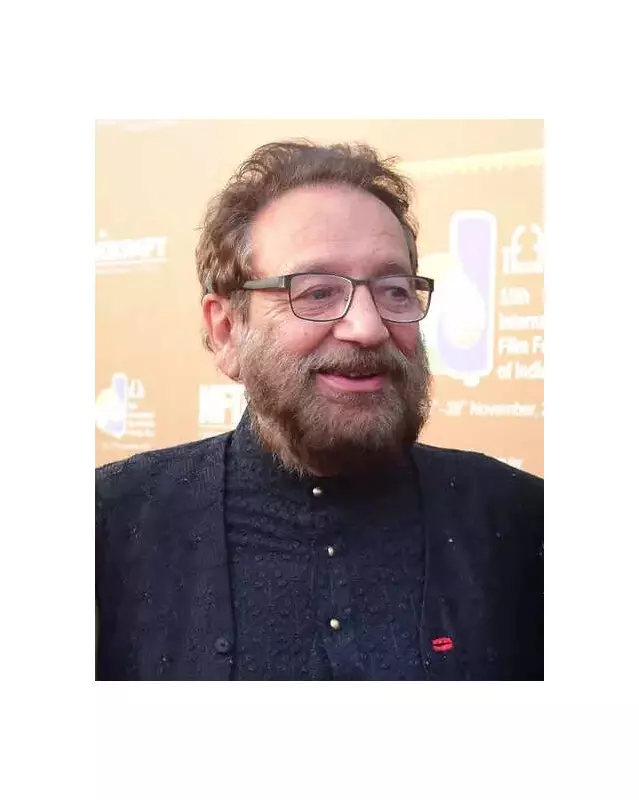
Renowned Bollywood filmmaker Shekhar Kapur, the creative genius behind cinematic masterpieces like Bandit Queen and Elizabeth, has set social media abuzz with his profound contemplation about artificial intelligence's growing influence on our professional lives.
The Director's Provocative Question
Taking to his social media platform, Kapur posed a question that's been lingering in many minds but rarely articulated with such clarity: "If AI can learn and perform most tasks organizations are created to do, what happens to the organizations? And what happens to you?"
This seemingly simple query opens a Pandora's box of concerns about the future of work, corporate structures, and individual careers in an increasingly AI-dominated landscape.
Beyond the Surface: The Deeper Implications
Kapur's reflection goes beyond the usual automation fears that typically dominate AI discussions. He's pointing toward a more fundamental shift – one where artificial intelligence doesn't just replace individual tasks but potentially renders entire organizational structures obsolete.
"The organizations we've built over centuries, with their hierarchies, departments, and specialized roles, might face existential challenges if AI systems can replicate their core functions more efficiently," the message implies.
A Creative Mind's Technological Insight
What makes Kapur's perspective particularly compelling is his background as an artist and storyteller. When a creative visionary known for human-centric narratives expresses concern about technology's trajectory, it demands attention.
His track record of understanding human psychology and societal dynamics through film gives weight to his technological observations. This isn't just another tech expert's prediction; it's a humanist's warning about the intersection of technology and human organization.
The Broader Conversation
Kapur's post arrives at a crucial moment when industries worldwide are grappling with AI integration. From Hollywood writers striking over AI concerns to corporate boardrooms debating automation strategies, the question of AI's role in our professional ecosystems has never been more urgent.
The director's contemplation serves as a wake-up call for professionals across sectors to consider:
- How secure are current organizational models against AI disruption?
- What skills will remain uniquely human in an AI-saturated workplace?
- How should individuals and companies prepare for this inevitable transformation?
As artificial intelligence continues its rapid advancement, Shekhar Kapur's thoughtful provocation reminds us that the most significant changes might not be in what we do, but in how we organize ourselves to do it.





